
Closure of USAID and Its Effects on Venezuela and the Region
Only foreign aid programs “that align with the interests of the United States” will now be absorbed by the State…

Only foreign aid programs “that align with the interests of the United States” will now be absorbed by the State…

US oil company ExxonMobil has returned a portion of the strategic Stabroek Block to the State of Guyana, fulfilling a contractual clause and avoiding areas affected by the territorial dispute with Venezuela. The measure, announced by Guyana’s Ministry of Natural Resources, comes after years of exploration along the Atlantic coast that have transformed Guyana’s economy.

The Mexican-American designer Willy Chavarría presented his fashion show last Friday, showcasing his renowned work focused on migrant and Chicano…
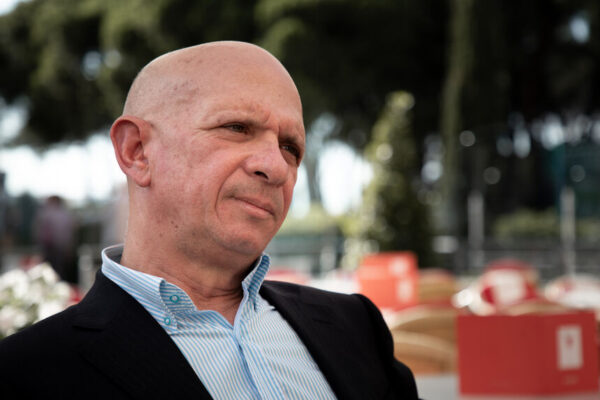
The retired military officer and chavismo dissident was arrested in Madrid in 2021 and extradited to the U.S. in 2023,…

Guyanese presidential candidate Azruddin Mohamed categorically denied having ties to the government of Nicolás Maduro, after US Congressman Carlos A. Giménez labeled him a “pro-Maduro puppet.” According to Mohamed, the accusation was promoted by a lobbying firm hired by the government of Guyana, triggering a political storm over the use of public funds to influence foreign legislators and discredit an electoral contender. The backdrop: rising regional tensions over the Essequibo territory.
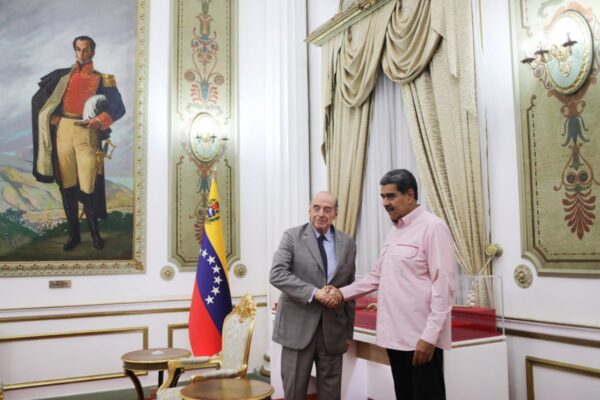
Recordings obtained by El País reveal that Álvaro Leyva, Colombia’s former chancellor and a former close confidant of Gustavo Petro, attempted to push a plan to depose the president with the backing of Republican congress members in the United States. In the audio recordings, Leyva suggests a strategy to generate “international pressure” to facilitate a change of government, with Vice President Francia Márquez as a possible successor. The White House dismissed the attempt, while the revelation has intensified the internal crisis within Colombia’s top government.
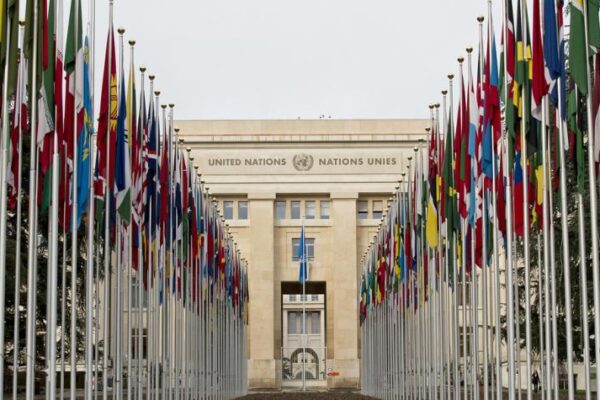
The United Nations High Commissioner for Human Rights, Volker Türk, presented his annual report this Friday in Geneva, expressing concern about the human rights situation in Venezuela, highlighting arbitrary detentions and restrictions on fundamental freedoms. The Venezuelan government labeled the report “selective” and questioned the lack of a statement regarding the situation of more than 250 Venezuelan citizens detained in El Salvador.
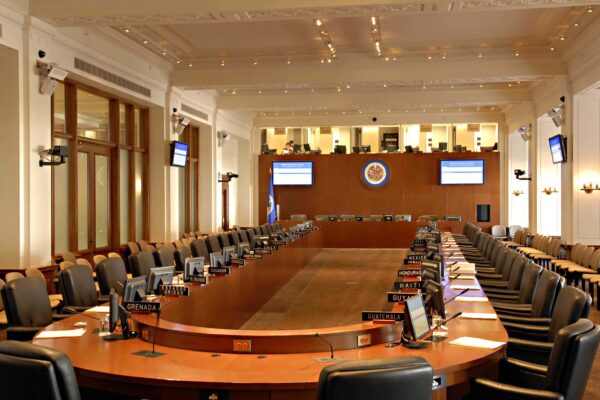
Albert Ramdin, the new Secretary General of the Organization of American States (OAS), is betting on dialogue in Venezuela. Just a few months after taking office, he has made it clear that he wants to establish a channel of communication with both the Government and the opposition of the country. His approach is a priority: he seeks political stability and does not want to get bogged down in debates over whether Venezuela can be considered a dictatorship or not. This approach recalls what the OAS did during difficult moments in Venezuela’s history, particularly after the 2002 institutional crisis caused by a confrontation between the government of Hugo Chávez and various sectors of Venezuelan society, which resulted in a coup d’état and an oil industry strike within the context of a deeply polarized society.
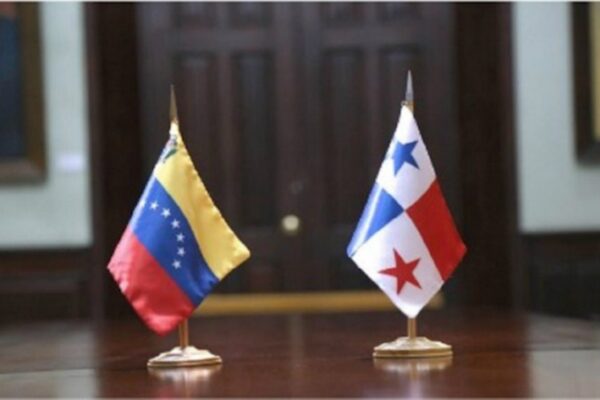
The foreign ministries of Panama and Venezuela announced this Thursday that they will soon reactivate their consular services in Caracas and Panama City. This measure aims to provide assistance and protection to citizens of both countries residing abroad.
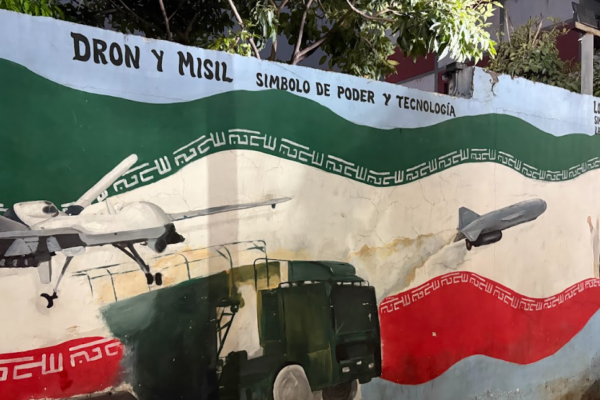
In 2025, the Middle East is once again at the center of a geopolitical storm that promises to have global repercussions.